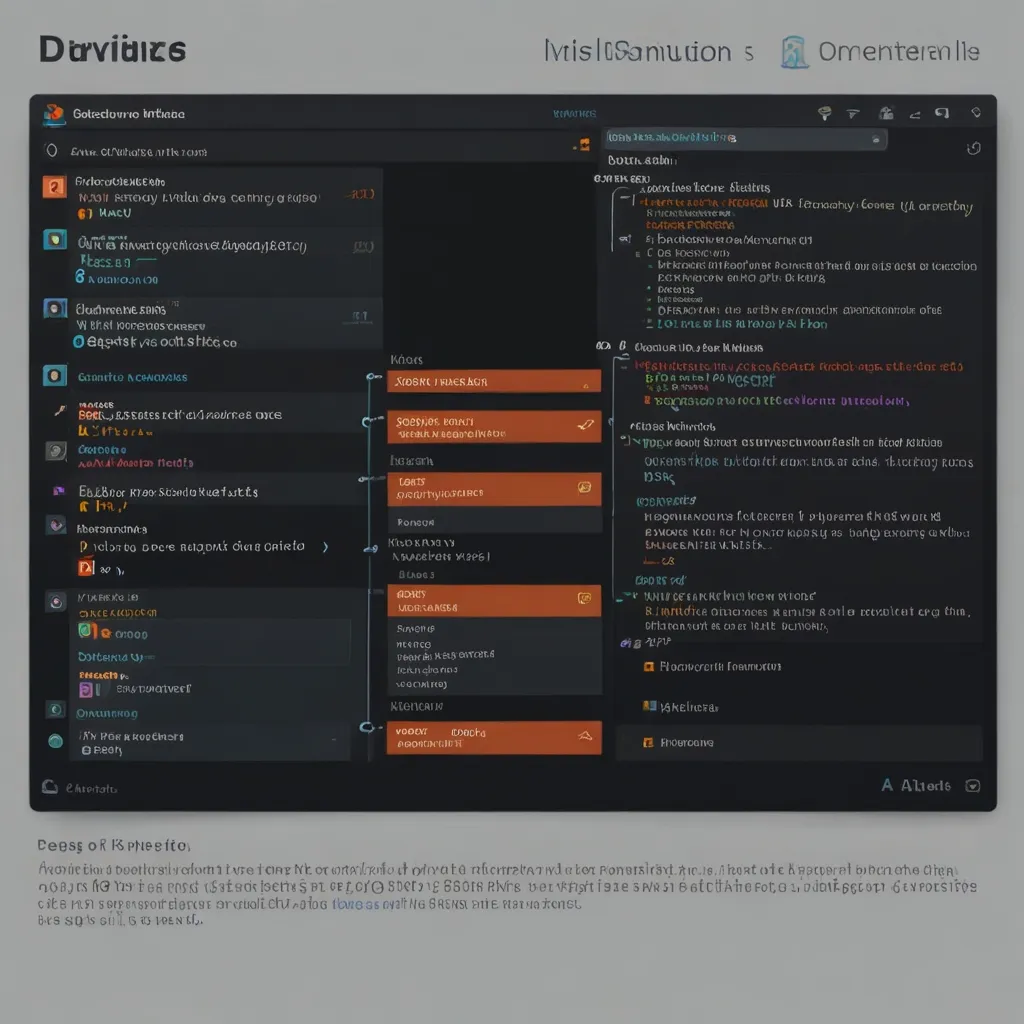Let’s dive into the amazing world of RPG (Report Program Generator), especially for those interested in business applications on IBM midrange systems. This programming language has been around since 1959, thanks to IBM, and it’s known for adapting to the latest tech trends while keeping its powerful core features.
We’re talking about a language that was designed to make the old-school punch card system more efficient on the IBM 1401. It didn’t take long for RPG to become a favorite because it made generating business reports a breeze. Over the years, it’s morphed, improved, and now stands as a high-level programming language capable of handling some pretty hefty business apps.
First things first, RPG is all about report generation, as you might have guessed from its name. Companies need a lot of paperwork—think invoices, financial statements, and so on. RPG makes it easy to produce these formatted reports from data stored in files. This ease of use is why developers love it so much. If you’ve got a complex report to generate, RPG is your buddy.
But RPG isn’t a one-trick pony. It’s got powerful data processing capabilities too. Whether it’s file operations, data tweaking, or handling records, RPG does it all. It’s perfect for applications that deal with tons of data, like managing inventory or processing orders. Plus, it comes with either a fixed-format or free-format syntax, giving developers the flexibility they love.
Businesses across different sectors—manufacturing, finance, healthcare—use RPG for developing their business applications. It’s particularly handy for IBM’s midrange systems like the AS/400, now known as IBM i. Why? Because it can handle massive amounts of data easily and is user-friendly, making it a go-to for many commercial entities.
And let’s not forget about legacy systems. Many companies still rely on old RPG applications. Maintaining and updating these systems to keep up with modern business needs is crucial. That’s where RPG programmers come in, ensuring these legacy systems are still chugging along smoothly and efficiently.
RPG also shines when it comes to mainframe programming. Mainframes are critical for mission-essential systems because of their performance, security, reliability, and stability. RPG’s capabilities fit right in, making it an excellent choice for these environments too.
One of the standout features of RPG is its support for file handling, especially on the IBM iSeries. File specifications lay out the structure for input and output files, and operations like READ, WRITE, and UPDATE let you interact with these files. Plus, RPG automatically handles data conversion between different data types when moving data between variables and fields.
Then there’s record-level processing. RPG lets you read, write, update, and delete records from files. It supports keyed access to records, meaning you can retrieve specific records based on key fields quickly and efficiently.
RPG programs operate on a cyclical or event-driven structure. They read records from input files, process the data, and write the results to output files, continuing this cycle until certain conditions are met. Though modern versions of RPG have more standard looping constructs, this traditional program cycle is still a big part of the language.
Even though RPG has been around for a while, it’s still relevant in today’s business environment. Integrating RPG programs with modern tech isn’t always easy, but tools like Visual LANSA can simplify the process. These low-code tools help modernize legacy applications without having to migrate them, speeding up development and supporting a range of B2B technologies. This makes integrating RPG apps with web and mobile tech way more straightforward.
Now, let’s talk about the benefits of learning RPG. Given its extensive use and the demand for skilled developers, getting proficient in RPG can be a smart career move. Many businesses still run on RPG-based applications, and there aren’t enough skilled developers out there to meet the demand. This gap presents a golden opportunity. By mastering RPG, you can step into a niche market with high demand but fewer competitors, improving your job prospects and potential earnings.
For instance, take a simple RPG program that takes a customer number as an input and returns the name and address as output. Here’s a basic example in RPG IV syntax:
H DFTACTGRP(*NO)
F CustomerFile UF A E K DISK
/FREE
Read CustomerFile;
If %Eof(CustomerFile);
Exit;
EndIf;
Write OutputFile;
/END-FREE
This example gives a glimpse into RPG’s structure, showing file handling and data processing. The Read operation pulls a record from CustomerFile, and Write pushes the data to an OutputFile. This simplicity and clarity make RPG an appealing option for business app development.
In summary, RPG might be over 60 years old, but it’s still a powerful and relevant programming language in the business world. Its ability to handle complex data processing, generate reports, and support legacy systems makes it indispensable for many organizations. As technology evolves, RPG’s adaptability and the availability of modernization tools ensure its continued significance. For developers looking to specialize in a niche area, RPG offers a promising career path with high demand.






